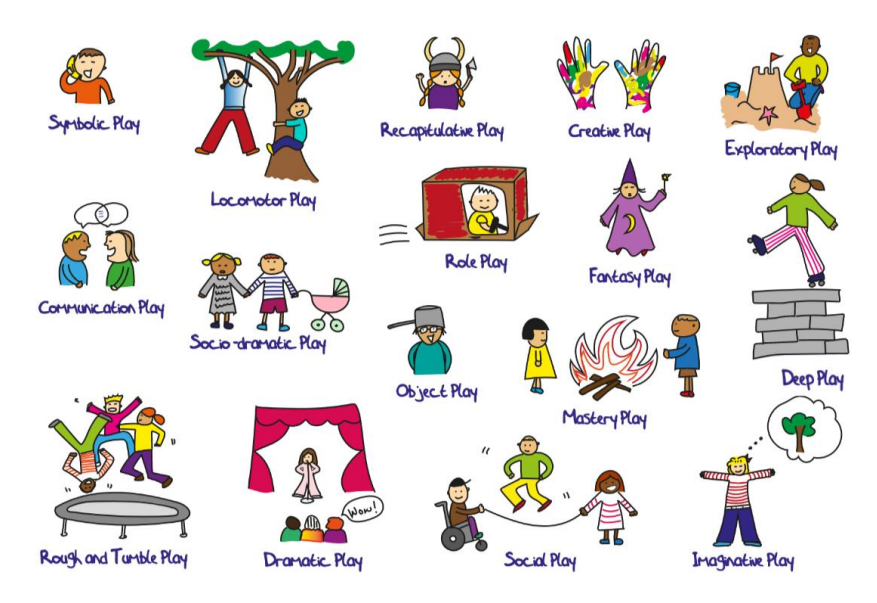OPAL -Outdoor Play and Learning

"OPAL is one of the most impactful transformations on children's lives that we've seen in the UK in the last 10 years - not just in schools, not just in education but just as a way of making a positive difference in children's lives...I'm in awe actually."
Tim Gill former Director of Play England

Why do schools need great play?
Click here for the OPAL video gallery
Childhood has changed, and we can no longer assume that any child is able to experience full and rich play opportunities outside of school.
At OPAL, we believe that play teaches children all the things that need to be learnt but cannot be taught. There are clearly lots of benefits to children from having lots of great play, but the good news is that there are also many benefits for schools too.
The benefits include dramatic improvements in:
- Behaviour - happy children don't cause nearly as much trouble as bored children
- Accidents - OPAL schools have up to 80% fewer reported accidents
- Staff well-being - Supervising happier children leads to happier staff
- SLT time - senior leaders report a dramatic reduction in the time they spend on resolving play conflicts
- Teachers - consistently report more teaching time in afternoon lessons
- Self-regulation - children in OPAL schools learn to self-regulate through practice, trust and freedom
- Physical activity - all children, including girls, SEN and non-sporty children are significantly more active
- Mental well-being - Research shows OPAL children are happier and self-reporting improves mental health
- Social and emotional development - Good play in the laboratory of life where relationships are practised
- Links to formal learning - Many OPAL schools report increased creativity, imagination and collaborative skills
- Attendance - children can't wait to come to OPAL schools because they have such fun
- Parents - we all want our children to be happy. Well-informed parents at OPAL schools love that their children are happier.
- Rights - Play is a child's right as recognised by the UN Convention on the Rights of the Child
- OFSTED - OPAL schools can easily provide evidence of their approach to well-being and inclusion.
- Risk - OPAL schools report significant improvements in children's ability to identify and manage risk
It's a win-win for everyone!
